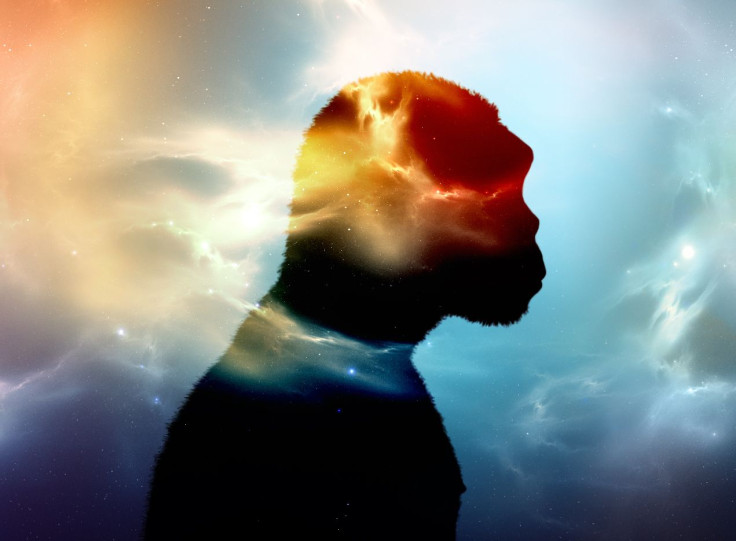Caveman Sex: How Often Did Ancient Humans Interbreed With Extinct Relatives?

Prehistoric humans weren’t going to let a few differences in DNA stop them from having sex. A new study that analyzed the genetics of human saliva has provided even more evidence that the modern human species got down and dirty with other early human species like Neanderthals.
Scientists specifically focused on the protein in saliva called mucin-7, which is linked to the MUC7 gene. It’s a protein that makes your spit slimy and helps grab onto microbes, an action that would help protect the body from foreign invaders that enter through the mouth. But according to research in the journal Molecular Biology and Evolution, it is also a link to the Neanderthals and another extinct hominin species, the Denisovans.
Read: The Mind of a Neanderthal Was More Advanced Than You'd Think
The research started as an investigation into the MUC7 gene’s connection to asthma. Since the mucin-7 protein gives spit its viscosity, other research suggests it also has the potential to make asthma more severe or more common the more viscous the bodily fluid becomes. But this study’s genetic analysis did not back up that claim. Instead, the researchers uncovered evidence that humans picked up this gene from interbreeding with other species, that the gene “likely originated in an unknown African hominin population and introgressed into ancestors of modern Africans.”
They say “unknown” because they are not sure which species donated the gene to modern humans. But the University at Buffalo explained that a comparison between the MUC7 genes of people today showed that a gene variant found in sub-Saharan Africans was so distinct that variants of the gene found in other modern human populations were more closely related to ones from the extinct Neanderthals and Denisovans than they were to the sub-Saharans.
“This unknown human relative could be a species that has been discovered, such as a subspecies of Homo erectus, or an undiscovered hominin,” researcher Omer Gokcumen said in the university statement. “We call it a ‘ghost’ species because we don’t have the fossils.”
The finding adds to a growing volume of research that has suggested the earliest members of our species were getting busy with their more primitive counterparts.
“It seems that interbreeding between different early hominin species is not the exception — it’s the norm,” Gokcumen said.
According to the study, the interbreeding that led to the MUC7 gene variant found in sub-Saharan Africans could have taken place about 150,000 years ago, with a species from which modern humans diverged between 1.5 million and 2 million years ago. The scientists based that estimate on the average rate at which genetic mutations occur during evolution.
Read: Ancient Mammoth Hunters Makes This Country’s Men the Tallest in the World
Why would evolution favor this gene that originated with an extinct species? It might have something to do with the protection it offers from microbes. Although the researchers did not find a connection between MUC7 and asthma, they did find that the gene affected the makeup of bacteria found in people’s mouths, which makes sense because of how the mucin-7 protein can bind to microbes and clear them out.
According to the study, other research has found that genes modern humans acquired from Neanderthals “have shaped the variation in the immune system of modern humans,” so it’s possible this one also falls into that category.
“Our results contribute to the emerging notion that functional variation introgressed from an African hominin into modern humans and has been maintained among contemporary African populations,” the study says.
© Copyright IBTimes 2024. All rights reserved.











